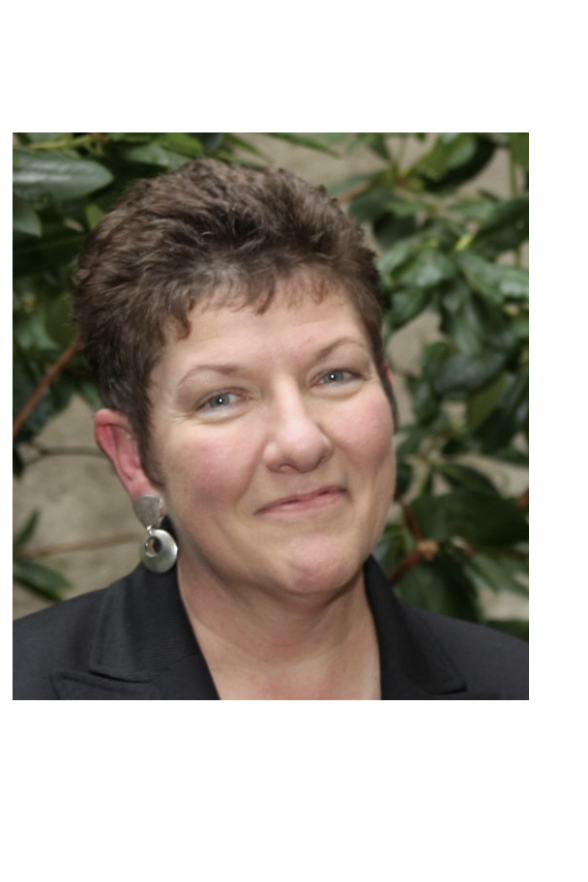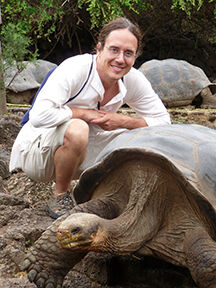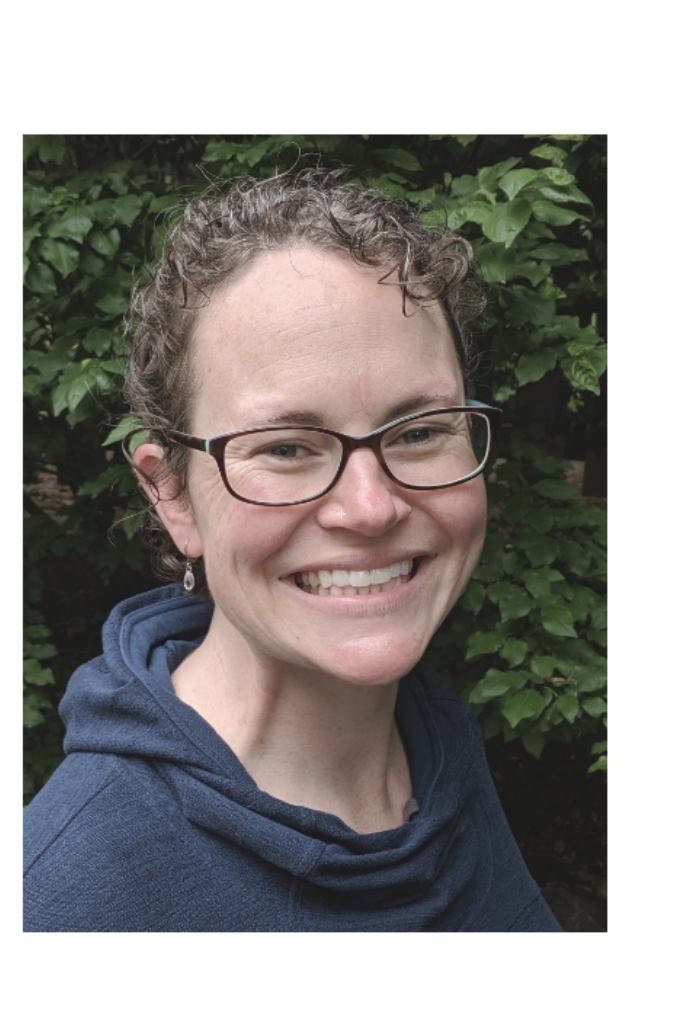• NCAPP Home Page • Grid Agenda • Linear Agenda • Site Details
• Campus Map 1 (NCAPP) & Campus Map 2 (Upper Campus) & Campus Map 3 (Directions to Dining Hall)
• Roster (pdf) • Unposters • Join our NCAPP Discord Community
• Interest Indicator for Free Time • Travel Summary
• Birds of a Feather • Fishbowls • Posters • Roundtables • Workshops
• Your NCAPP Planning Team • Our Sponsors • Other Resources • SII • 20th Anniversary Apparel Store
2023 NCAPP Plenary Speakers
All Plenaries will take place in the Officer's Club North & South
Elyse Eidman-Aadahl

Urik Halliday

Elli Theobald

What Happens When Birds of a Feather Flock Together?: Planning for Communities of Practice
"Birds of a feather” is a common saying and is used as a metaphor for many interactions. In this presentation, we’ll look at a real life example of flocking behavior to draw lessons that we might apply to learning together as educators in communities of practice. Leave with options for next steps in your own learning that you can explore with POGIL colleagues during the remainder of the conference.
Elyse Eidman-Aadahl is the Executive Director of the National Writing Project (NWP), a network of nearly 175 literacy-focused professional development and research communities located at universities across all 50 states, District of Columbia, Puerto Rico, and the U.S. Virgin Islands. Based at the University of California-Berkeley, the NWP leads nationally networked learning and research initiatives for educators working in K-12, university, and out-of-school settings. A recipient of the Hollis Caswell Award for Curriculum Studies, Eidman-Aadahl holds a Ph.D. in Curriculum Theory from the University of Maryland College Park. Her scholarship includes studies of literacy and learning in the context of our new digital, networked ecology as well as research into how educators of diverse backgrounds research and reason together about this social transformation, literacy, equity, and agency for themselves, their subject areas, and their youth. She is a broadly published author and presenter, well-known for writing books such as Because Digital Writing Matters and Writing for a Change: Boosting Literacy and Learning through Social Action, and for leading large-scale practitioner-research projects.
Click here for slides from the presentation
Observation Protocol for Teaching in Interactive Classrooms
As educators, when we are facilitating a lesson, we do not always realize how much time we spend on certain actions and interactions as the class progresses. Classroom observations, made by a colleague, are an essential part of developing and/or improving classroom facilitation. Classroom observations are useful ways to qualitatively measure the facilitators’ actions and interactions in the classroom, which educators can then use to learn and reflect about their practice. Many classroom observation protocols have been developed for these purposes. During this presentation, the POGIL classroom observation protocol called OPTIC will be discussed.
